We’ve had yet another diverse but different year — diverse as we’ve still been able to be involved in such an amazing array of projects, different as we became Lisa’s 94 year old mother Pearl Warnecke Heenan’s full-time in-home carer — a role we took up when arriving home from the #REX2016WorldTour in November of last year.
With that I’ve been thinking the last few days about the year I’ve had and some of the highlights and reflections.
BOOKS
‘The Call of the Reed Warbler – A New Agriculture, A New Earth’ (UQP, 2017) heads the list of my favourite reads for 2017 — Charles Massy has done an amazing job (yet again) profiling Australia’s regenerative agriculture pioneers, whilst adding to the conversation a new take on Allan Savory’s ’4 Ecosystem Processes’ with his ‘Five Landscape Functions’, which he cleverly used a wide range of profiles to typify. Charlie’s book show’s us how possible it is to regenerate the landscapes of this island continent — to me bridging a link to what his friend Bruce Pascoe described as the world’s oldest agriculture in his epic ‘Dark Emu’ — that of Australia’s Aboriginal people and the landscape palette they’d sustained prior to colonisation by Europeans.
Among those profiles was that of an old friend and colleague Rowan Reid — this year Rowan released his ‘Heartwood – The art and science of growing trees for conservation and profit’ (Melbourne Books, 2017). This is a truly great book for anyone who loves trees and the whole story that any species has. In his profiles of 15 individual species and 2 genus, Rowan has used his great talent as a storyteller and teacher together, with his incredible experience as a woodsman and scientist, to encourage the reader to find their own relationships with not only species, but the community of people and organisms who feel the same way.
Our friend and supporter, Matt Dunwell of Ragmans Farm (UK), did a great service by sponsoring Adrian Wood’s translation of Jairo Restrepo Rivera & Julius Hensel’s, ‘The ABC of organic agriculture – phosphites and stone meal’. Released this year, this book promises to build on the already substantial work of Jairo throughout Latin America. A renowned Colombian Agronomist, Jairo has worked tirelessly with campesiños and farmers, helping them to successfully transition from their use of expensive industrial inputs to those that they can cheaply make themselves using locally available and abundant ingredients. Jairo and Julius’ recipes and techniques can be applied anywhere and by practically anyone — breaking the dependency that been built by industrial agricultural input suppliers and farmers the world over.
‘Holistic Management – A Commonsense Revolution to Restore Our Environment’ (Island, 2016) by Allan Savory (with Jody Butterfield) is the 3rd edition by Allan since the 1st was released in 1988. The 3rd edition is easily the most readable of the 3 editions and culminates the incredible career, life and insights of this remarkable Zimbabwean ecologist. At 82, Allan suggests that he’s in the ‘departure lounge’, though there’s not much sign of that as he and his wife Jody continue to work with the team at the Savory Institute — perhaps the most influential regenerative agriculture organisation on earth right now. The 3rd edition builds on the 2nd edition and brings home the evolution of the HM thinking and practice through continued observations and example. To me this is an essential piece for every person, as our decision-making needs a dramatic and immediate re-boot if we are to continue.
I’ve never been much of a fiction reader, much preferring reference books — there are some notable exceptions, most of all anything that comes from our dear friend Greg Barron. This year I enjoyed ‘Camp Leichhardt: One Man, a Wild River, and a Crime that must be Stopped’ (Stories of OZ, 2017) and very recently, ‘Whistler’s Bones: A Novel of the Australian Frontier’ (Stories of OZ, 2017).
Greg, or ‘Croc’ as he’s known to his friends, has had a incredible life. My wife Lisa introduced me to Croc 26 years ago at the country wedding of some of our closest friends on what was our first date — we rode in the car together and I was mesmerised by his charisma and storytelling. Then by his music and as a bon vivant. Lisa’s always loved and admired Greg as the man who does everything his says he will do. This all carries through in all of his 8 books — all meticulously researched and with stories told such that you completely enter the world of every character no matter how fleeting they are.
‘Camp Leichhardt’ was a great thriller set in the Northern Territory, full of boats, fishing, camping but with a twist of underworld, violence and passionate love. ‘Whistler’s Bones’ was a a journey of a young Bendigo man who adds to the story that hasn’t been told – the horrors of Australia’s ‘Frontier Wars’. It speaks to the nature of any frontier activity, that its on the edge, that there will be casualties and in some cases there will be incredible violence AND that in most cases there are distinct winners and losers. Just yesterday I listened again to the Prime Minister Paul Keating’s ‘Redfern Speech’ (1993), somewhat of a reminder that in the 25 years since that speech we’ve not come so far in our reconciliation with the traditional owners of this continent — ‘Whistler’s Bones’ lays bare the base to the colonisation of Australia, its promise, its incredible violence and dispossession, the hopes of some and the death of others.
PROJECTS
With the advent of the REX Online Farm Planning Program this year I didn’t find myself working on many private projects. Those that I did were all notable.
I kicked off the year with a #KeylinePlan of a 1000ha (2500 acres) pastoral holding in east Gippsland here in Victoria (AU). With a brief to be ‘Michelangelo’ on this landscape, I worked with my friend, and partner Georgi Pavlov to create a full Keyline irrigation plan through the lens and process of the Regrarians Platform. Not often that I get the opportunity to have a brief like this on a landscape of this scale. The land shape itself could be best described as a ’Keyline Wet Dream’ and so was a tantalising prospect for this Keyliner to get to work on and so I did — though with a full feasibility study to determine the optimum wall height of each dam and the effect on cattle stocking rates.
The result? 10 dams with 446ML stored, 88ha of flood irrigation (avg. 5ML/ha), $515K cost with a 3 year pay back period. Sound good? We think so — first step however is shifting the grazing practice of the farm manager and also buying the rights to the water! My friend and colleague Graeme Hand (HandfortheLand) is doing a great job coaching the manager while the owner does his best to get the water!
Our dear friends Belinda & Jason Hagan of McIvor Farm (Tooborac, Victoria, AU) bought 100ha (250 acres) off of Jason’s brother last year. This block was next door to the block we designed and developed from 2013. The 2013 design hadn’t considered the block next door and interestingly as a result of the Regrarians Platform process, the application of Keyline Geographic analysis meant that it didn’t matter that much. That’s not always going to be the case, however it did work out pretty well.
Building on the outcomes of the 2013 plan we largely repeated the main themes: 1. Ridge-aligned access roads, 2. Gravity-fed underground Ø63mm and Ø25mm piped water supply network with KiwiTech hydrants, 3. Keyline Geometry-aligned electric fence (KiwiTech ‘hypersprings’, fibreglass posts and HT wire) layout, 4. Portable shelters and feeders — supporting the complete outdoor breeding and growing system, 5. Mixed species pasture cropping — ‘mopping up’ any nutrients and contributing to pig feed and soil organic carbon levels.
Belinda & Jason have built a really strong reputation as pastured pig producers and I think that they do it better than anyone else that I’ve seen anywhere in the world. I’d have to say that the plan that we created together contributes strongly to this.
Over the last few months I’ve been working on a 313ha (773 acre) project outside of Dungog in NSW (AU). The owner has a successful pastured poultry and beef cattle enterprise and this is part of their expansion. I was referred to it by our mutual friend Costa Georgiadis and the hope initially was that it would be a ‘classic’ Keyline Plan with lots of dams, irrigation and the like. The land shape wasn’t well suited to this. And so I sought instead to focus primarily on planning a gravity-fed stock water supply and KiwiTech fencing system. The water system would also have the capacity to use the K-Line irrigation system on the flatter paddocks where the pastured poultry would be based, increasing the reliability of production of forage and cereal crops on these alluvial terraces. The balance of the landscape is quite undulating to steep and only suited to grazing — in this case cattle. Currently there is a series of mostly very small dams and few fences — making high quality management difficult and unreliable. The grid of electric fencing proposed in concert with the pipe network will sort that out. The biggest highlight of this job was trying to make the system as economical as possible and I’ve done a pretty good job of that — though there’s always some work to be done!
Photo: Luke Hallam
Another project of interest is the Regrarians Ripper Seeder (RRS) prototype that our friend and colleague Luke Hallam and I have been working on for the last year or so. Our liaison started when I asked for some help to support Franck Chevallier by creating some CAD plans of his version of the Keyline Super Plow. Luke and I then went on a very intense design journey that had us design Mk4 of the Keyline Super Plow. For about 6 weeks I worked with McIvor Farm’s Jason Hagan to build this prototype which we then trialled at Milking Yard Farm. The prototype went on to need some serious revising and Luke did an amazing job at his family’s factory in Adelaide (AU) to build the first RRS prototype. We’ve both been caught up since with the REX and our day jobs but hope to get back to it in the new year and have something commercially available sometime in 2018.
VOCATIONAL TRAINING
I did one training this year — at the invitation of the Weir family in Bulls, Aotearoa/New Zealand (north island). Harry Weir is a genius farmer and inventor and with his family runs the outstanding KiwiTech International company. Harry launched this 3 day training with a ‘physics of electric fencing’ lesson and the statement, “my God is productivity”. And so we went with a 3 day program that outlined his unique ‘TechnoGrazing’ grazing production system and the KiwiTech water and fencing systems that he’s completely developed to work with this system. This training lays bare Harry’s approach to high-productivity, low-stress and low-cost grazing. It was great to be in his company and that of his family — they are truly inspirational. It was also great to see how TechnoGrazing principles could be integrated into different grazing systems and layouts. Extremely thought provoking and insightful.
PROGRAMS
The REX brand of Regrarians’ programs expanded this year. Partly in response to our inability to travel (due to our full-time role as live-in carers) we needed to bring forward our plans to do online programs. The challenge before us was that I was unable to travel to fulfil the continued demand on-farm visits for both consultations and trainings. So I locked myself in the office for a day and came up with a hybrid solution — and the 10 week REX Online Farm Planning Program was born. 80% farm planning and 20% training, the 10 week REX online has proved to be a revelation for us as a non-profit and as experience for participants and the amazing Regrarians Team of professionals who support us to run the REX. I dreamt years ago of creating a farm planning practice which was akin to a community barn raising. Inspired by my work in participatory farmer training in Viet Nam 12 years ago this concept came to fruition this year in the REX Online.
Aided enormously by the advent of the ‘Regrarians Workplace’ (see Liaisons) the REX Online has revolutionised the way we are able to work with farm planning clients and trainees alike by bringing their service requirements into one space. Funding wise the REX Online has provided the Regrarians non-profit with the ability to support our media and advocacy work much better.
The work on the REX platform doesn’t stop here though — the 3rd of our REX Online program offerings will be kicking off in April of 2018 and will see a change in the syllabus such that it integrates more of the 10 day REX program — meaning that we’ll adopt the ‘day to a layer’ approach of the 10 day REX — only with a ‘week to a layer’ in the case of REX Online. More about that soon!
LIAISONS
We’ve had so many professional liaisons over the last 25 years. Starting with email-based newsgroups, then online forums and then Facebook, we’ve been involved in the full-range of internet-based communications over the journey — culminating this year in our wholesale adoption of the new ‘Workplace by Facebook’ platform. We’d been managing or involved with all manner of Facebook groups over the years, but these lacked integration and multiple threads were difficult to follow or indeed find. We needed a categorisable solution like a online forum but with the ability to tag people and hashtag topics. Workplace gives us that. So the Regrarians Workplace was born — giving a single home to our professional network of clients, associates and program participants.
ADVOCACY
Before Lisa and I got together, then as a couple and now as a family-run non-profit we’ve been continuous advocating for more regenerative agriculture and living systems. Advocacy can be a emotionally, socially and financially costly exercise. Its often edgy and takes on many fronts. This year we didn’t have as much scope as we have in other years however we were able to contribute in a lower key way.
Over September-November the Victoria State Government ‘Planning of sustainable animal industries’ (PSAI) reforms were given my full attention. We reflected on the effects of these reforms on our pastured poultry & pig clients here in Victoria and found that they were likely to not fare well. From our discussions with colleagues at the Australian Food Sovereignty Alliance (AFSA) it was clear they weren’t the only ones.
With that I formed a discussion group with some of our clients and associates, completely a comprehensive literature review and on the advice of our friend and client Bruce Burton (Milking Yard Farm) I drafted a submission to respond to the reforms. The biggest piece in this submission was the development of the ‘Standard Animal Nutrient Unit’ or ‘SANU’. This built on the existing ‘Standard Animal Unit’ (SAU) framework used globally as a reference for all livestock — considering nutritional intake as the primary measure. In this case the primary measure I created was manurial output and composition — this being the primary amenity concern with these and other planning reforms/schemes here in Australia and around the world. Most of these reforms and schemes don’t treat all livestock species equally and so we needed to address that scientifically.
The leadership characteristics and quality of people are tested by reforms such as these and I need to single out our friends and colleagues Amanda McLaren (Yapunyah Meadow Grazed Chicken) and Sonia Anthony for theirs. At a critical phase in the PSAI campaign Amanda and Sonia drew together all of the leaders of the regenerative agriculture movement across Victoria to a dinner at Sonia’s ‘Masons of Bendigo’ restaurant where the very able Clare Fountain (Sorted4Life) facilitated a meeting of these 20 or so minds to consolidate what we knew and how we’d work together. These are the kind of moments when you know that with the right people and circumstances quite different people can come together and get really solid things done.
MEDIA
The ‘Polyfaces’ film continues to sell at a trickle — its no secret that its sales are well below our expectations (and break even) and are certainly not a reflection of the film’s broad critical acclaim. Its quality as a piece of film remains as does the validity of its message — we think that this won’t change. We often talk of how Napoleon Dynamite’s success was as a sleeper, and live in hope of the same for Polyfaces!
With the way these things work that we’ve not been able to get the endorsement of high-profile supporter to date, nor get listed on any of the major streaming channels (outside of Food Matters) has reduced its commercial success. This is not a result of not trying — Lisa’s work in this arena has been nothing short of dogged. Did I mention that no-one buys DVD’s anymore — being caught in this platform-changing era hasn’t helped!
The global Kanopy digital library recruited Polyfaces this year and this is getting it into community and university/college libraries around the world which is great.
I have to ask if you’ve bought a copy of Polyfaces? Our figures suggest you haven’t — its a great film and we’re really proud of it! Do yourself a favour!

Isaebella’s done a lot of work this year with launching the Regrarians YouTube Channel — she’s got everything categorised and added a lot of new material all the while being Regrarians Media Manager and getting awards for her photography (proud Dad moment!), launching her own ‘Isaebella‘ website and supporting her family as she always has.
TIME OUT
I turned 50 on the 2nd of October this year. Earlier in the year we got word that Midnight Oil were going on tour after 20 or so years since they broke up. We all grew up with the ‘Oils and when I looked at the tour schedule this February I saw that the first gig in Australia was on my birthday at Alice Springs in central Australia. So we put the word around to our closest friends and in late September about 30 of us took off on what became a 3 week journey. We all took swags and had one of the best times of our lives — the concert on my birthday was amazing and we continued on from there. Lisa and I drove our 1971 Datsun 1600 (510) from Bendigo to Darwin and back — more than 10,000km. Isaebella and her partner Dre drove the Hilux with a trailer as the support vehicle, while Pearl and Zane built up some hours in their learner permit log book.
We had a lot of adventures, Lisa continued work on her next film project, had a lot of laughs and thrived on each other’s company. I collected some desert Acacia wood samples and built on already strong friendships. We’ve all resolved that we need to this more often but perhaps without going so far or driving quite so much.
DEATHS
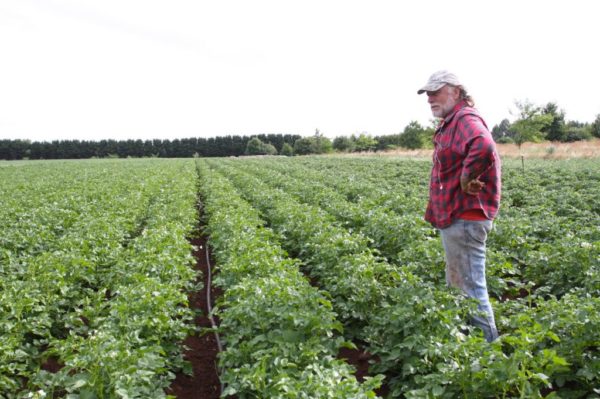 Photo: David Holmgren
Photo: David Holmgren
Rod May was an enormous figure in the organics industry here in Australia and across the world. His great friend David Holmgren completed a touching obituary of Rod’s life and times and I’d invite you to read it. For me Rod was an old friend who I first met in 1986-7 when he was involved with Project Branchout across central Victoria. We caught up again when I managed the Organic Greengrocer from 1989-91 as he supplied the best broccoli you ever saw along with potatoes and carrots from his family farm, Captains Creek Organic Farm at Blampied. After that I caught up with Rod regularly at the annual Melliodora Summer Solstice Party in Hepburn — we were there again last week and his not being there was a really great void in the evening. We were not at all close, however he was the sort of bloke who I know had a lot of friends like me — you picked up on things where you left off and was always great for a compelling thought or yarn or 3. His daughters, brothers and their families continue on with the work of this extraordinary man.
Photo: Mandy Merkelin
Anne Caroline Sulzer passed suddenly just a few weeks ago. Caroline was a passionate and hard-working Holistic Management and Permaculture practitioner — working on her own properties and also here in Australia, in southern Africa and across Europe. Lisa, Pearl, Zane and I spent 3 weeks at her farm in Mallorca in 2014 where we forged a strong friendship and we caught up again regularly on our travels over the years — most recently at a 10 day REX program in Céret hosted by our friend David Mérino-Rigaill and Permaterra. We were excited that Caroline and her loving partner Erik were embarking on their new farm project together and it was great to see her so in love.
We will greatly miss Caroline for her warm friendship, sharp wit, huge smile, great intellect and for her strong sense of purpose.
Stanley Georgiadis became a good mate over the last decade. Growing up the eldest son of first generation Greek parents on a farm in Nyngan in NSW, the ‘Bear’ and his family moved to Sydney where he became an electrician. With a friend he started ‘Emu Electrics’ and became renowned for his quality of work and scope of service. Over the last 20 years of his life Bear endured significant health setbacks and the death of one of his 2 daughters and his wife in the space of a year. Bear and I shared a love of exotic liquor, long nights, our families and laughter. He gave me the nickname, ‘Jazza’, and I missed out on having that one last session we kept saying we should have but didn’t know what was coming for him. Fighting fit to the end, at 85 years of age, Bear suffered a massive heart attack at his home in Bondi — that morning he did over 5 km on his walking machine, a personal best.
We miss bear a lot and so do his cubs and his beautiful family.
Requiescat in pace dear Caroline, Rod & Bear.
EPILOGUE
There’s a lot more I could mention of course and I welcome people to look at the Regrarians Webpage and Facebook page for other features of what has been another great year.
We look forward to 2018 and hope that it brings you all a wealth of great relationships, outcomes and success.
Thanks to all of those who’ve supported us over 2017! Happy 18th birthday to our darling daughter Pearl for today and here’s to a Happy New Year!

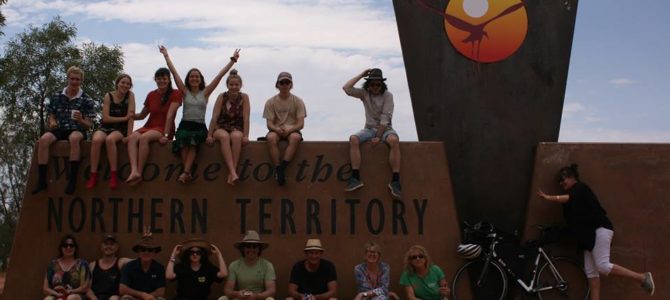
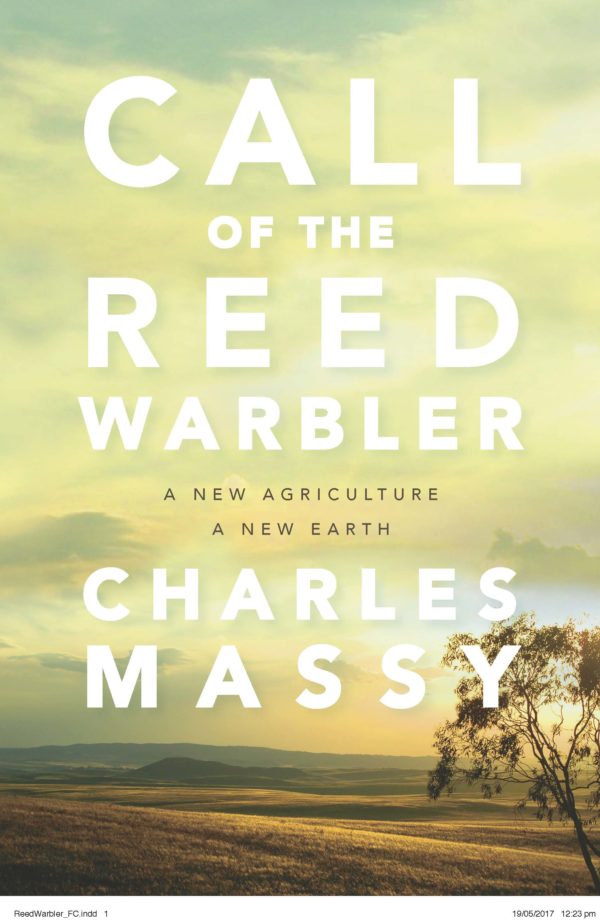

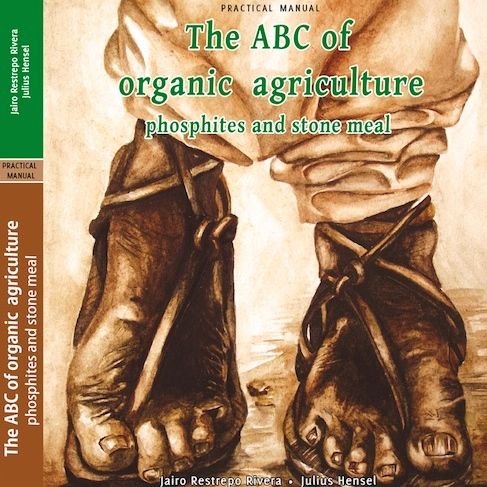

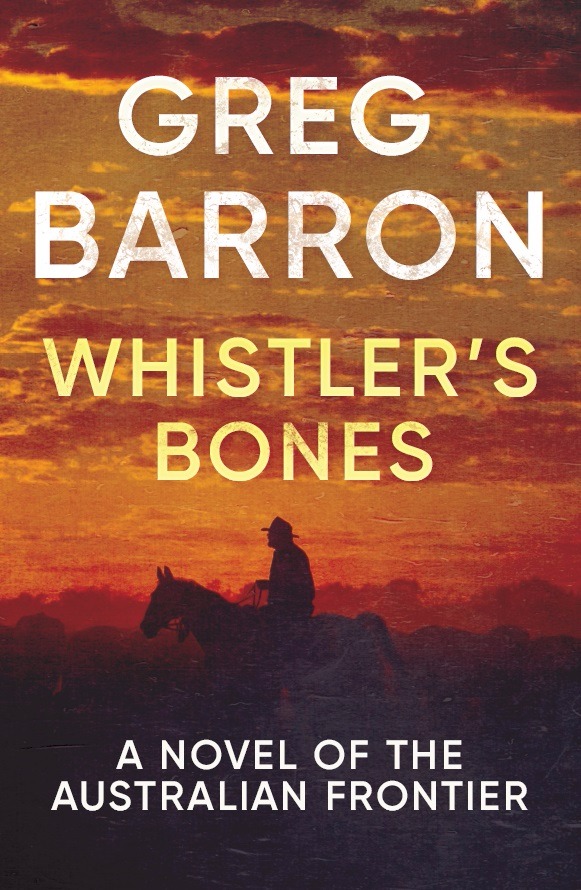
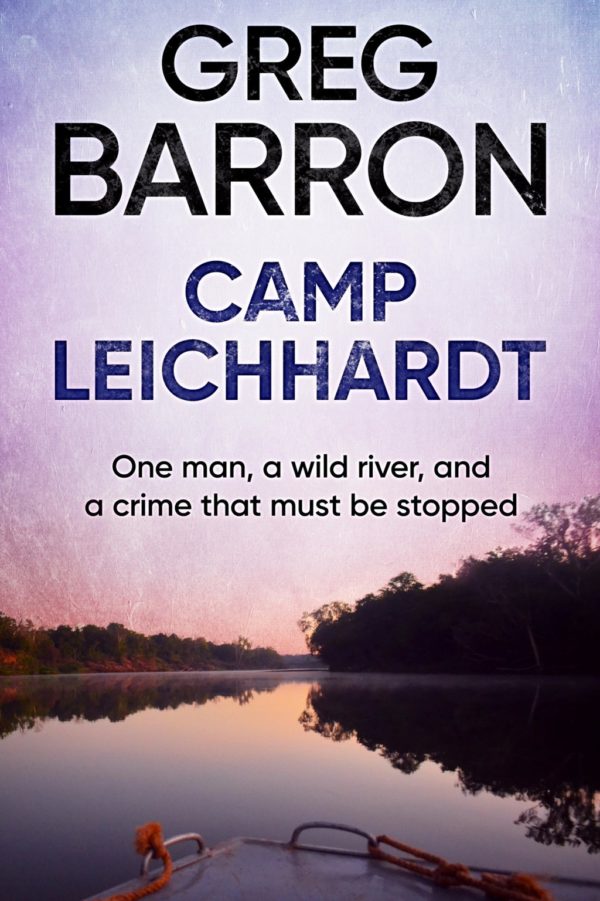

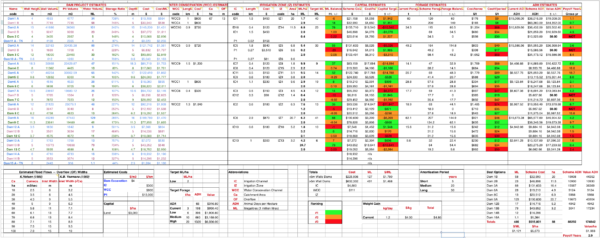
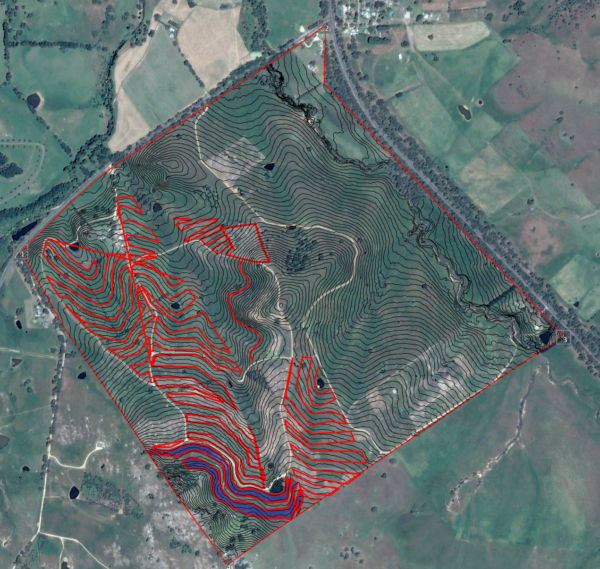
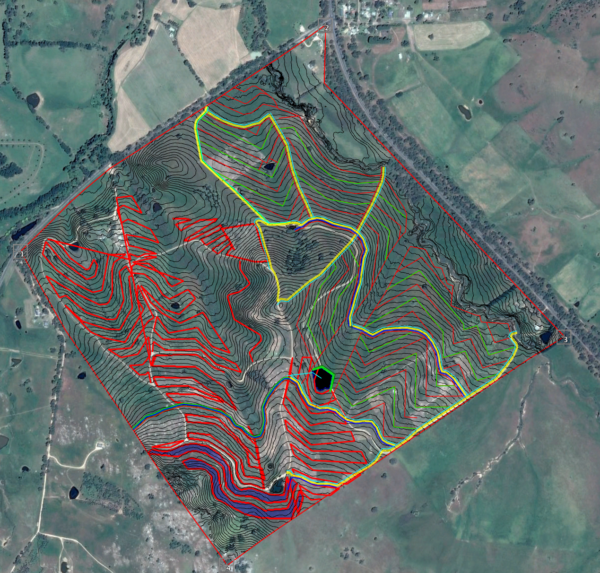
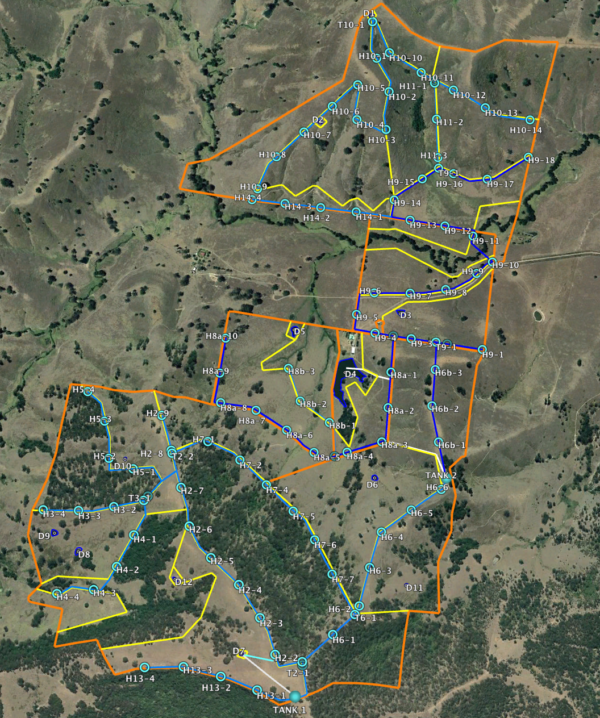
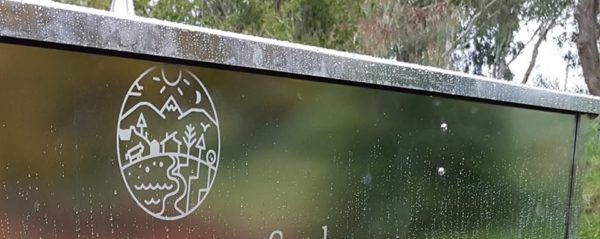

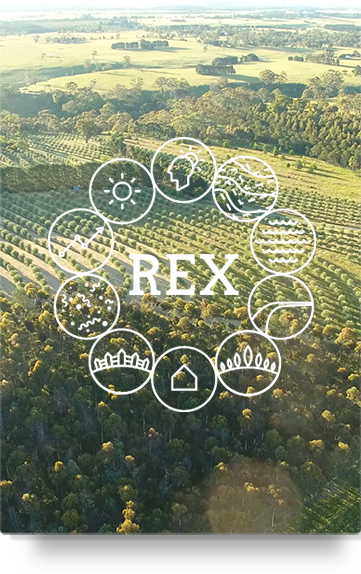


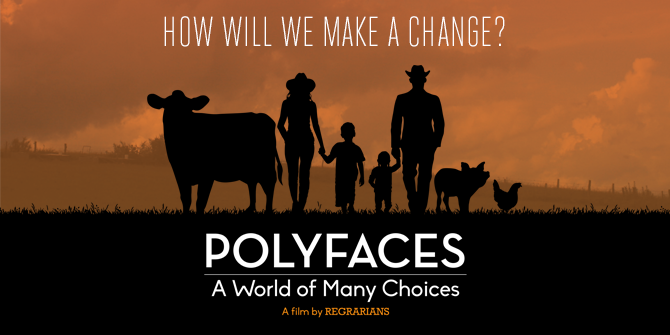
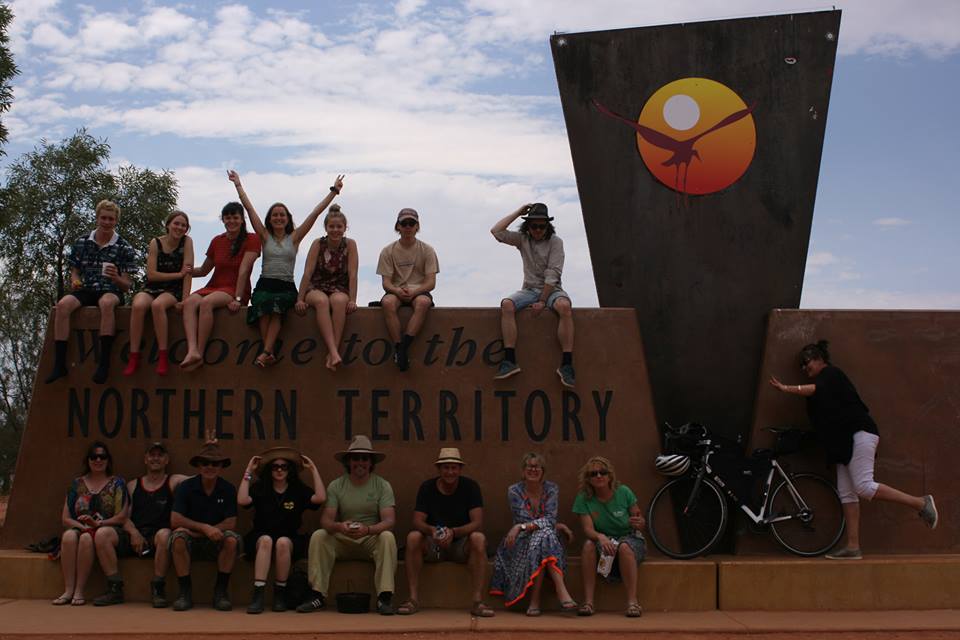
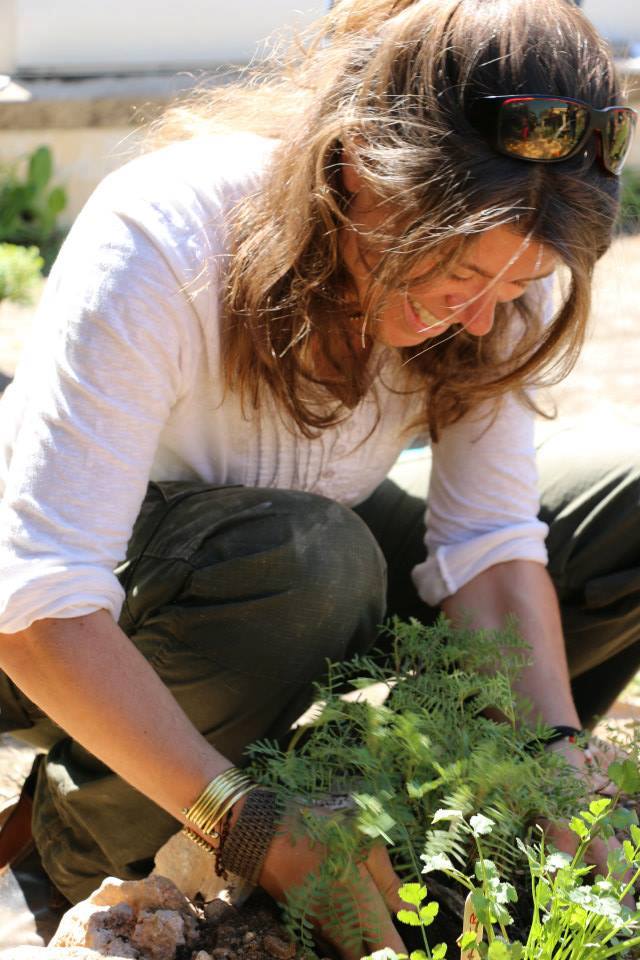
Appreciate all that you do Darren and family. Inspiring! Thankyou…